Afghanistan warns insurgent groups of action in case of failure to join peace process
New round of Kabul meetings hope to set date for Afghan peace talks
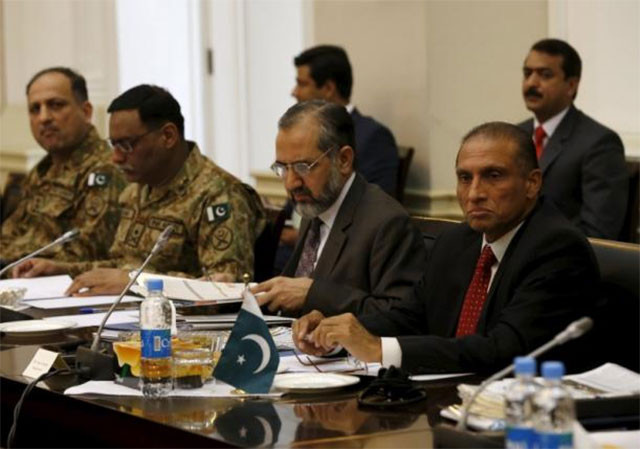
A Taliban spokesperson said representatives would not be at the meeting on Tuesday. PHOTO: REUTERS
At a meeting in Islamabad last month, officials from the four countries said face-to-face talks between the Western-backed government in Kabul and the Taliban should begin by the end of February.
Lukewarm response from Taliban and Hizb-e-Islami for peace negotiations
Afghan Foreign Minister Salahuddin Rabbani repeated a call for the Taliban to join the talks and said Tuesday's meeting would prepare the way for direct meetings to open soon.
"We want this group to design the details for talks between Afghan government and groups of Taliban by the end of February," he said at the opening of the meeting.
The Taliban and Hizb-e-Islami, the second largest resistance group in Afghanistan, have refused to join the peace talks. "Security forces will act with full force against those who reject peace,” Rabbani added.
Rabbani warned that Afghanistan has a clear message for those who continue violence. “Afghanistan will continue its fight against those groups that threaten the country's achievements,” the Afghan foreign minister said, adding Afghanistan's constitution does not stop anyone from joining the process.
Taliban toughen stance on peace talks ahead of quadrilateral meeting
The minister further pointed out that Afghan President Ashraf Ghani recently asked Taliban, Hizb-e-Islami and other insurgent groups to join the peace process. “We are working together to reach peace and calls on all factions of the Taliban to join the peace talks process,” Tolo TV quoted Rabbani as telling the members of the meeting.
He also said a meeting is scheduled to take place between Afghan and Pakistani religious clerics to establish their role in the peace process.
On Monday, Army chief General Raheel Sharif met officials from Qatar, where the Taliban maintains a political office, to prepare the way for Tuesday's meeting, the fourth in a series of quadrilateral encounters aimed at laying the ground for full peace talks.
The Taliban, riven by factional infighting since last year's announcement of the death of the movement's founder Mullah Mohammad Omar some two years earlier, has not yet given a clear indication about whether it will take part in any talks.
Kabul committed to quartet process: envoy
New leader Mullah Akhtar Mansour has laid down preconditions for taking part in any talks, including the withdrawal of all foreign forces, while a breakaway faction that opposes him has rejected any negotiations.
But officials in Kabul have expressed hopes that at least some parts of the movement can be persuaded to join.
"I think there's a lot of Taliban that want to come to the peace table," the outgoing commander of NATO forces in Afghanistan Gen. John Campbell said earlier this month. "That's what's going to be hard, to get all the right people to the table."
A Taliban spokesperson said representatives would not be at the meeting on Tuesday.
Tuesday's four-way talks in Kabul come against a backdrop of continuing violence and increasing military pressure from the Taliban, which has stepped up its insurgency since the withdrawal of most international troops from combat in 2014.
Afghan religious scholars issue fatwa against peace talks
Over the weekend, Afghan officials confirmed that troops had pulled out of two key districts in Helmand, leaving the entire northern half of the volatile province in the hands of the insurgents.
At the same time, insurgents have kept up their suicide bombing campaign, with 14 people killed in an attack on a clinic in Parwan province north of Kabul on Monday.

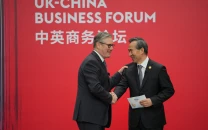
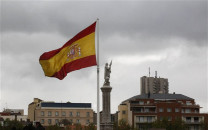

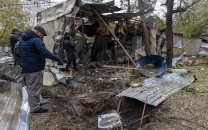
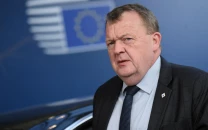
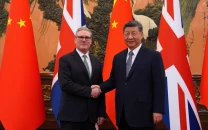












COMMENTS
Comments are moderated and generally will be posted if they are on-topic and not abusive.
For more information, please see our Comments FAQ